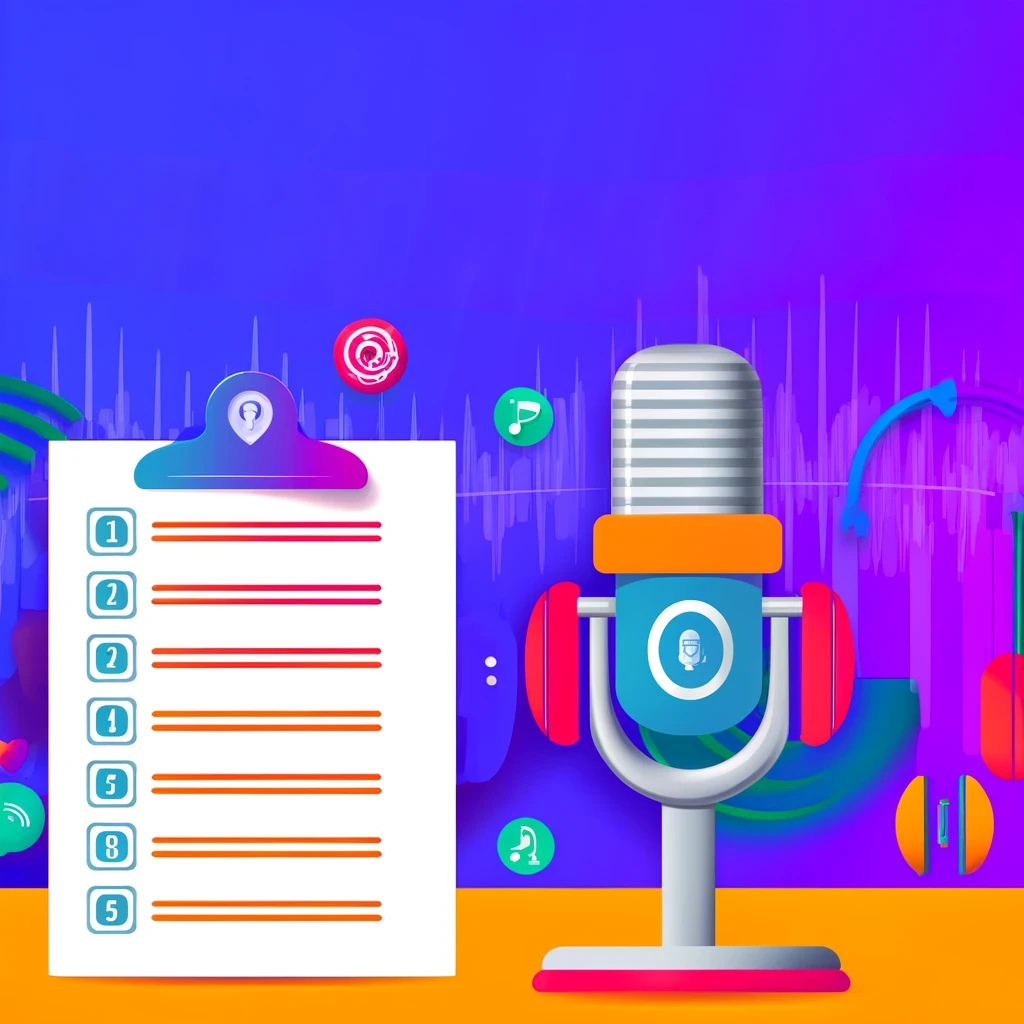
1. What is the pricing structure, and what is included?
Answer: Pricing structures for podcast hosting platforms vary widely. Some platforms offer free basic plans, while others charge monthly fees ranging from $5 to $50 or more. It's essential to check what is included in the pricing, such as storage limits, bandwidth, analytics, and additional features like website integration or monetization options.
2. What kind of analytics and statistics are provided by your media host?
Answer: Comprehensive analytics are crucial for understanding your audience and growing your podcast. Look for hosts with detailed statistics, such as downloads per episode, listener demographics, geographic locations, and platform-specific data (e.g., Apple Podcasts, Spotify). Advanced analytics also include trends over time and listener behavior insights.
3. How easy is it to use and navigate the platform?
Answer: User experience can significantly impact your podcasting workflow. A good media host should have an intuitive interface that is easy to navigate. Features like drag-and-drop episode uploading, simple podcast management tools, and user-friendly dashboards can make your experience smoother. Check for tutorials, customer support, and community forums that can assist you in getting started.
4. What integrations and distribution options are available?
Answer: A reliable podcast host should facilitate easy distribution to major podcast directories such as Apple Podcasts, Spotify, Google Podcasts, and others. Additionally, check if the host integrates with your existing tools, such as website builders (WordPress, Squarespace), email marketing services, and social media platforms. Some hosts also offer automatic publishing to YouTube and other channels.
5. What are the storage and bandwidth limits?
Answer: Storage and bandwidth limits can affect how much content you can publish and how accessible your episodes are to listeners. Unlimited storage and bandwidth are ideal, but if unavailable, ensure the limits are sufficient for your needs. Some hosts charge extra for additional storage or bandwidth, so be aware of potential overage fees.
6. What kind of support and customer service is available?
Answer: Customer support is vital, especially if you encounter issues with your podcast hosting. Check if the host offers 24/7 support and what channels are available (e.g., email, live chat, phone support). Additionally, look for a knowledge base or help center with guides, FAQs, and community forums where you can find answers to common questions and problems.
7. Are there options for monetization?
Answer: If you plan to monetize your podcast, look for hosts with built-in monetization features. Monetization can include sponsorship options, listener donations, and premium content subscriptions. Some hosts partner with advertising networks or provide tools to help you find sponsors and manage ad placements.
8. How customizable are the podcast players and website options?
Answer: Customization options can help you maintain brand consistency. Verify if the hosting service offers customizable podcast players for embedding on your website or sharing on social media. Some hosts also provide customizable website templates or integrate with existing website builders, allowing you to easily create a branded podcast site.
9. What is the host's track record for reliability and uptime?
Answer: Reliability is critical to ensure your podcast is always accessible to listeners. Look for hosts with a strong track record of uptime and minimal downtime. Reading user reviews and testimonials can provide insights into the host's reliability. Some hosts also offer uptime guarantees as part of their service agreements.
10. Are there any additional features or tools offered?
Answer: Additional features and tools can enhance your podcasting experience. These include audio editing tools, transcription services, episode scheduling, advanced security features, and team collaboration tools. Assess your needs and see if the host offers unique features that align with your podcasting goals.
These additional questions should further assist you in making a well-informed decision about which media host to choose for your podcast.




